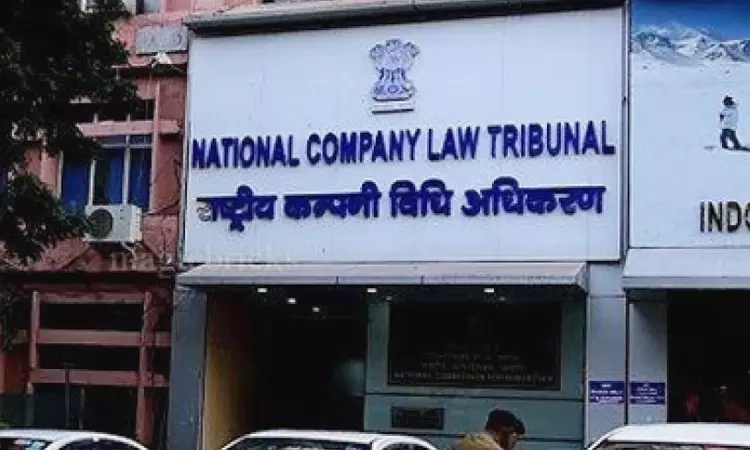Senior Advocate's Application For CIRP Over Non Payment Of Legal Fees: NCLT Delhi Rejects Application
Rajesh Kumar
8 Aug 2024 9:15 AM IST

Next Story
8 Aug 2024 9:15 AM IST
The National Company Law Tribunal New Delhi bench of Manni Sankariah Shanmuga Sundaram (Judicial Member) and Dr. Sanjeev Ranjan (Technical Member) has rejected an application for the initiation of the Corporate Insolvency Resolution Process (CIRP) by a Senior Advocate for non-payment of Rs. 6.26 Crore legal fees. The bench noted that there exists a pre-existing dispute regarding...
